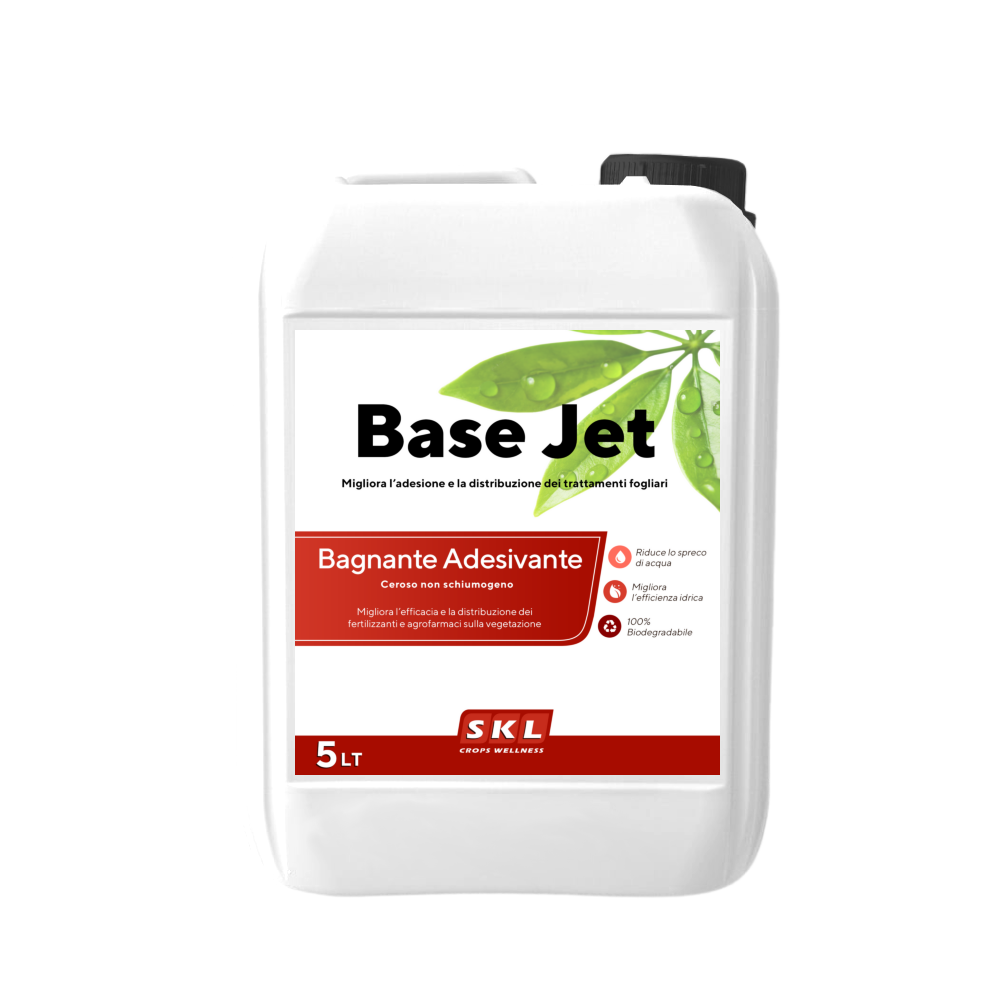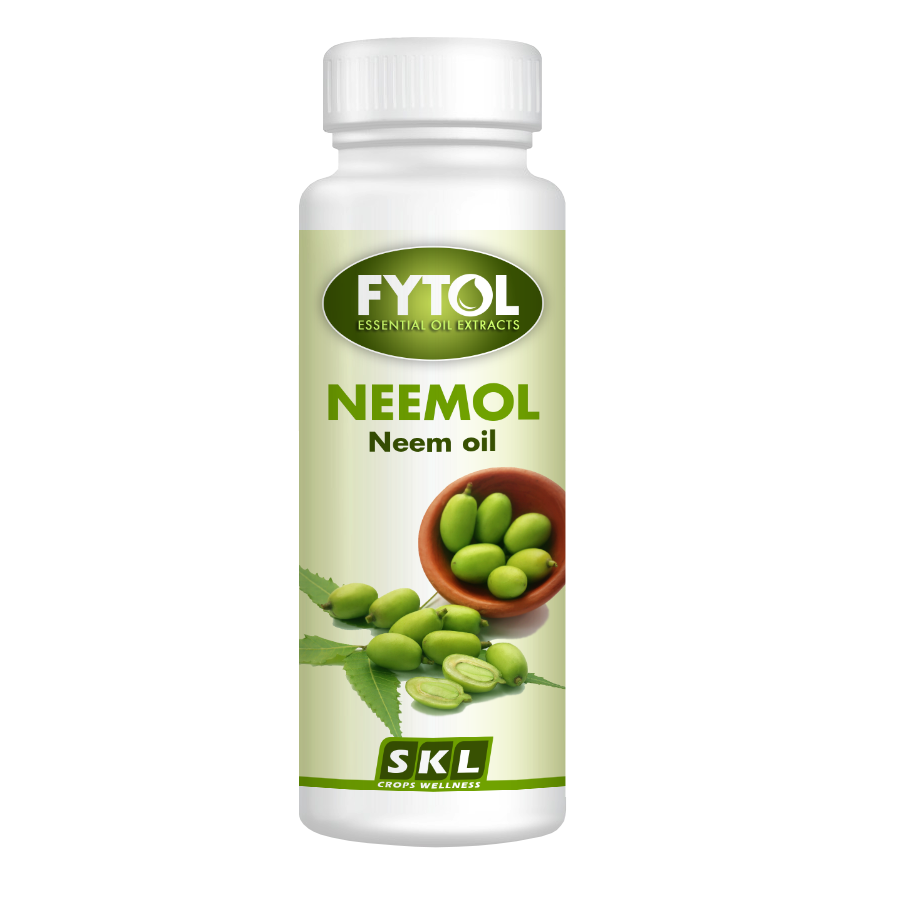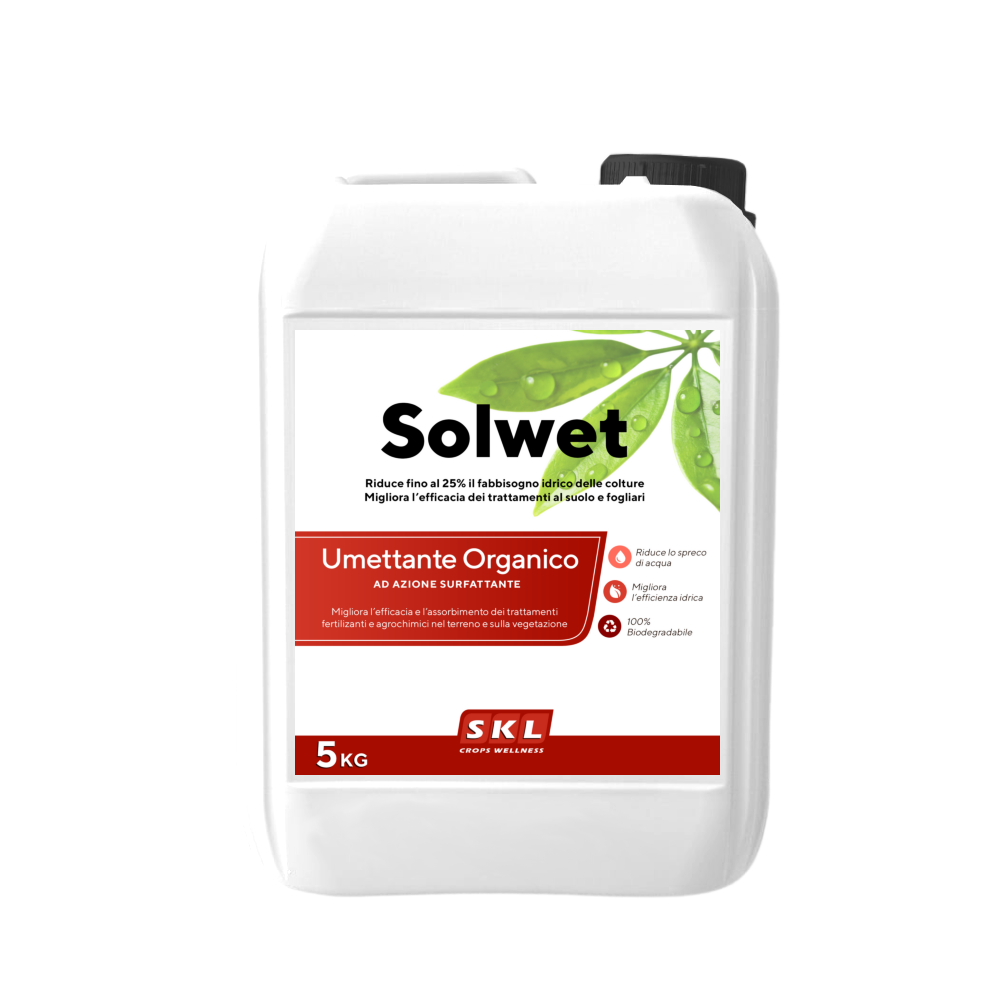Description
The Karanja Oil is extracted through a "cold pressing" and "double filtration" mechanism from high-quality seeds of the Pongamia tree (Pongamia glabra), which is commonly found in India. It has a light yellow color and a viscous consistency.
Since ancient times, it has been known in India for its medicinal and antiseptic properties: it can effectively control many species of plant pests. This property is attributed to a mixture of alkaloids and mainly to Karanjin present in the plant's seeds, an insect growth regulator and deterrent for their feeding and oviposition.
The Karanja Oil is considered a very important natural product in many countries for organic and integrated agriculture, as it has both a powerful phytorepellent action and fungistatic properties. When a pest feeds on the leaf or sap of a plant treated with Karanja oil, the substances contained in it, such as Karanjin, generate an anti-peristaltic wave in the insect's digestive tract, causing a sensation of vomiting. The pathogen's swallowing ability is blocked and, furthermore, due to this sensation, the insect no longer feeds on the treated surface. Because of these substances, the females are unable to complete the oviposition process, thus preventing further damage to the vegetation.
The Karanja Oil can also control, like all other oils used in agriculture, the proliferation of mites, whiteflies, aphids, and other types of soft-bodied insects through asphyxiation.
For the reasons mentioned above, many insects over the centuries have learned to avoid areas and vegetation treated with this product, which is why Karanja oil is considered a powerful insect repellent.
As a fungistatic, Karanja oil is used both in preventive strategies and when the problem is already evident. In fact, the treatment based on Karanja oil creates a hydrophobic film that covers the leaf surface and prevents the germination of fungal spores.
Dosage
It is recommended to avoid treatments at high temperatures
| Curative treatments | Preventive treatments |
| 1 Kg/hl in case of ongoing infestation | 0.5 Kg/hl |






